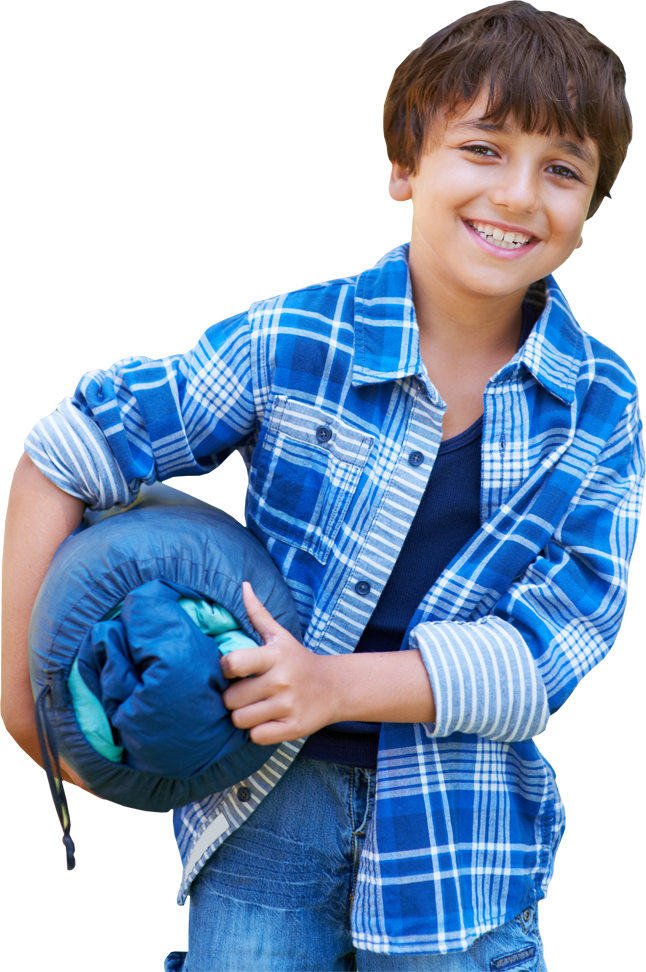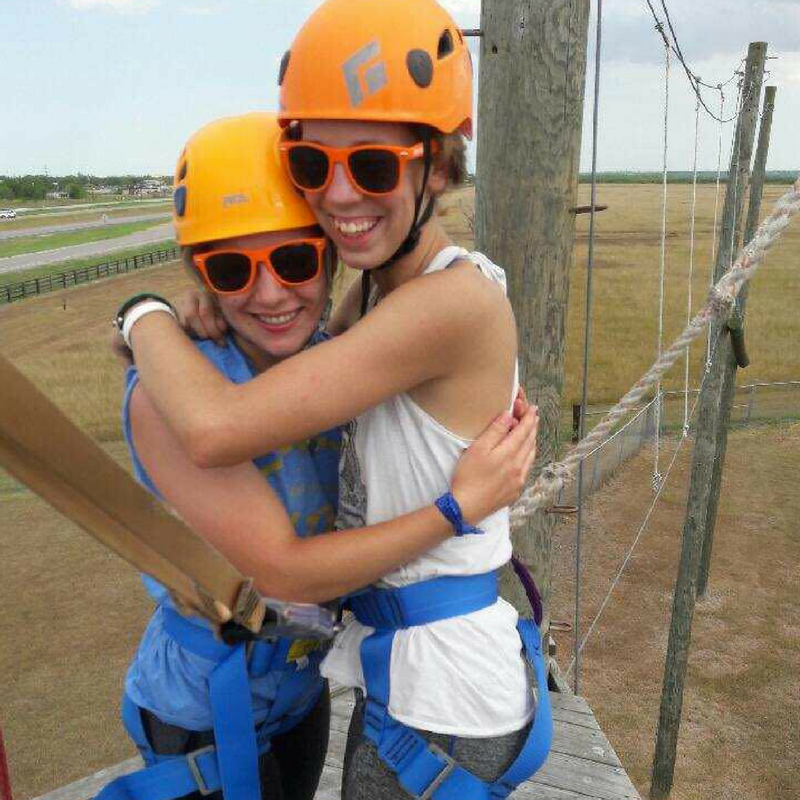Forgiveness. A word we often times cringe to hear when it is expected of us, but causes a rush of relief when it is being given to us. It is complex. It is innately human to be upset when someone does something wrong. But what does it teach our kids when we don’t forgive?
Monkey See Monkey Do
Our children watch everything we do. From the way we speak to the topics we talk about, our kids will mimic us. When we feel betrayed by others, how do we react? Let me throw this scenario at you to explain further. You have a relative that does not know boundaries and crosses a few with you. Maybe it is by speaking ill of you to another member in the family or maybe they were rude to you. Your reactions to situations like the one above are noticed. If your child watches you speak ill of the person for speaking poorly of you, they will think it is okay to do that when they encounter a similar problem.

The Importance of Boundaries
How do we teach kids the difference between standing up for themselves in a respectful way and letting people run over them? The answer is simple, teach your child appropriate boundaries. They need to know that to forgive someone is not to let them continue doing the same situation over and over again. It also is not retaliating in a negative way. Forgiveness is letting the person know that what they did was wrong, however, they are willing to move past it.

What Forgiveness is NOT
Forgiveness is not accepting mistreatment. It is not retaliation to make things “fair” and THEN moving past it. Forgiveness is not making excuses for the other party involved. Be careful to look for these tendencies in your children’s relationships. Letting things go is healthy. Keeping them bottled inside will lead to an explosion. The explosion may manifest itself as an out lash of behavior towards others. It could also be them starting to do unhealthy behaviors.
It is a Cycle
Teaching a child what forgiveness is and isn’t can only get you so far. As a parent, you need to model this behavior. A role model is one of the most important parts of a child’s life. I personally have heard it out of the horse’s mouth. While working at the Connally Unit (a maximum security state prison), I would talk to the inmates about why they were in prison in the first place. A vast majority had a story that followed the same story line. They were teenagers, running around with the wrong crowd, did not have a positive role model to show them a different life style, and wound up getting themselves into trouble. It is a cycle that repeats itself among communities without the proper resources, a lack in family awareness and monetary investment.
This Month's Action Step
This month, I challenge you to practice forgiving. Being that positive role model for your child is often times what makes the biggest difference in their life.






